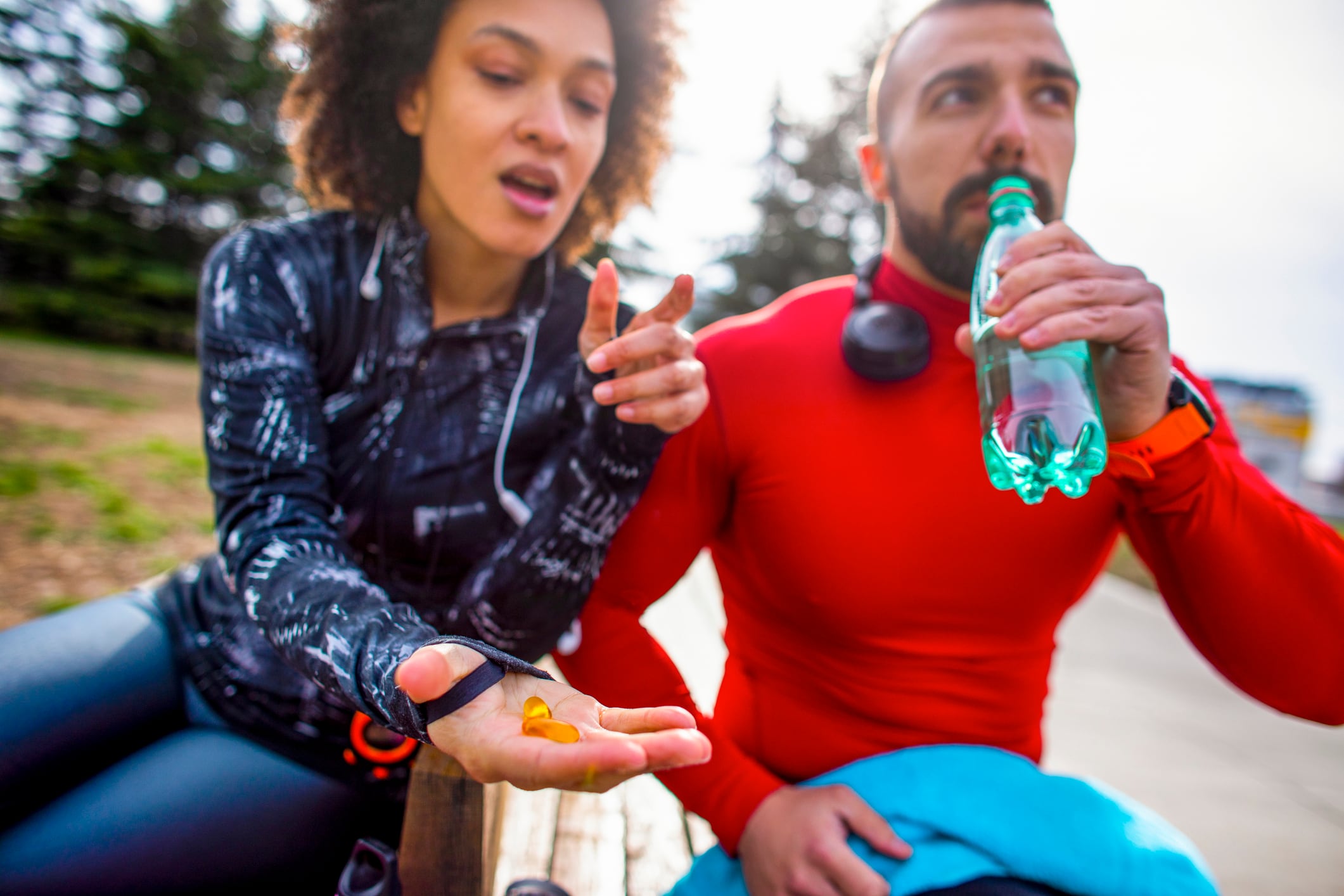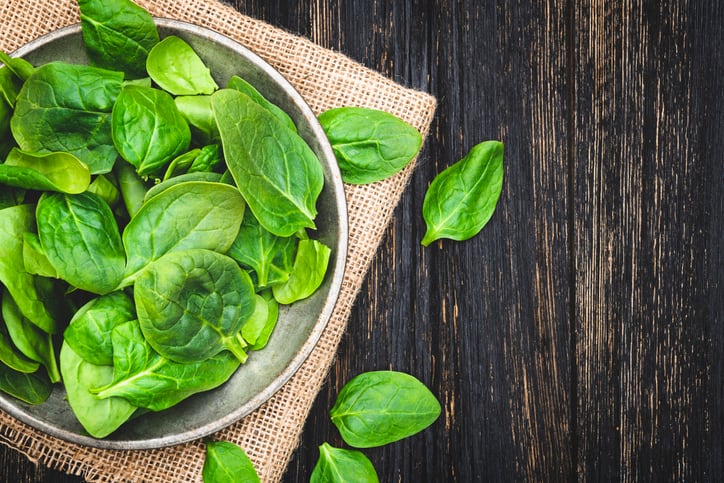“The study highlights the complex relationship between dietary supplements and exercise-induced gut damage/symptoms,” said Robyn Aitkenhead, lead author on the study. “While probiotics showed promise in reducing gastrointestinal symptoms, the effects of most supplements were not clinically significant.”
Led by researchers at Swansea University’s Applied Sports Science Technology and Medicine (A-STEM) Research Centre in the UK, the study analyzed data from 26 studies that examined gastrointestinal symptoms, circulating intestinal fatty acid binding protein (i-FABP), a marker of gut damage, and exercise performance.
Exercise-induced GI complaints
According to a 2014 study published in Sports Medicine, between 30% and 50% of athletes have experienced exercise-induced GI complaints. Endurance exercises, especially in hot conditions, can temporarily compromise the integrity of the intestinal barrier in healthy individuals.
This can lead to increased intestinal permeability, allowing bacteria and toxins to enter the bloodstream and potentially cause inflammation and GI symptoms. Therefore, there is growing interest in developing effective dietary strategies to address exercise-induced GI symptoms and potential gut damage.
The current meta-analysis examined studies on supplements commonly used to alleviate GI issues, including probiotics, glutamine and cysteine, bovine colostrum, carbohydrates, curcumin, flavonoids, sodium nitrate, collagen peptides, capsaicin and sodium bicarbonate.
Considering the data
The researchers reported that circulating i-FABP levels consistently increased between pre- and post-exercise events across the studies reviewed.
The meta-analysis, however, showed that there was no significant decrease in i-FABP levels pre- and post-exercise event following nutritional supplementation, indicating that “the effects of most supplements were not clinically significant,” Aitkenhead explained.
Specifically regarding probiotics, findings indicated that there was a moderately significant effect in reducing GI symptoms during endurance exercise. However, the researchers cautioned that this finding merely demonstrated that while probiotics showed promise in reducing gastrointestinal symptoms, they did not lead to clinically relevant changes in biomarkers of gut damage, such as circulating intestinal fatty acid-binding protein (i-FABP) levels.
“While probiotics appear to have the best evidence at the moment, their real-world impact is likely limited at present,” said Dr. Shane Heffernan, senior author on the study and senior lecturer in nutrition and molecular physiology at A-STEM.
When analyzing the efficacy of glutamine and cysteine on exercise-induced GI issues, the researchers found that across several different dosages, administration times and exercise conditions, neither significantly alleviated GI symptoms nor decreased gut damage indicators following endurance exercise.
The hypothetical theorization of bovine colostrum use to alleviate exercise-induced GI symptoms holds that the it can improve gut wall integrity to help prevent bacterial toxins from entering the bloodstream. The meta-analysis determined that while several studies demonstrated an observed blunting effect on i-FABP following bovine colostrum administration, the exercise conditions in those studies suggest that the perceived benefits may not extend to exercise-induced GI symptoms exacerbated by excessive heat.
The meta-analysis also reported mixed results for carbohydrate supplementation and included an extensive discussion regarding the potential efficacy of different delivery formats, particularly hydro-gel solutions. Still, the researchers said that further research is needed to understand the impact of carbohydrate-rich hydrogel ingestion on exercise-induced GI symptoms, gut damage biomarkers and exercise performance.
While flavonoids may positively impact exercise-induced GI symptoms due to their anti-inflammatory and antioxidant properties, no difference in pre- or post-exercise i-FABP levels and or any improvement in gut damage biomarkers were observed.
Of all the supplements included in the meta-analysis, only capsaicin was explicitly found to induce negative GI symptoms and was recommended to be avoided during exercise.
The researchers also considered single studies for curcumin, sodium nitrate, collagen peptides and sodium bicarbonate. Curcumin demonstrated the most significant effect on pre- and post-exercise i-FABP levels, and collagen peptides also showed promise for reducing exercise-induced GI symptoms related to inflammation. The study concluded that all four of these supplements require further study for the endpoints considers.
Looking ahead
In conclusion, Aitkenhead said that the meta-analysis “underscores the need for more targeted research in sport and exercise nutrition.”
Dr. Heffernan agreed, noting that while the research was compelling, particularly surrounding probiotics, “more work is needed to find alternatives than those currently on the market“ and shared that his team is exploring new potential solutions including an algae-derived prebiotic.
Given the study’s findings, Aitkenhead recommended that nutrition and dietary supplement manufacturers “prioritize formulations that support proper hydration and appropriate carbohydrate feeding strategies/nutritional combinations during exercise (poor use of carbohydrates can result in worse GI symptoms), as these factors play a crucial role in mitigating gut damage.”
She also highlighted the importance of supplement form and delivery methods, noting that gel or liquid forms may be more effective than whole-food forms in minimizing blood markers of gut stress and gastrointestinal symptoms.
Finally, she advised manufacturers to “investigate new potential prebiotic bioactive compounds” because “the data at present suggests a need for more effective alternatives.”
Source: Nutrients. doi: 10.3390/nu17030443. “The Influence of Dietary Supplements on Exercise-Induced Gut Damage and Gastrointestinal Symptoms: A Systematic Review and Meta-Analysis”. Authors: Robyn Aitkenhead et al.





